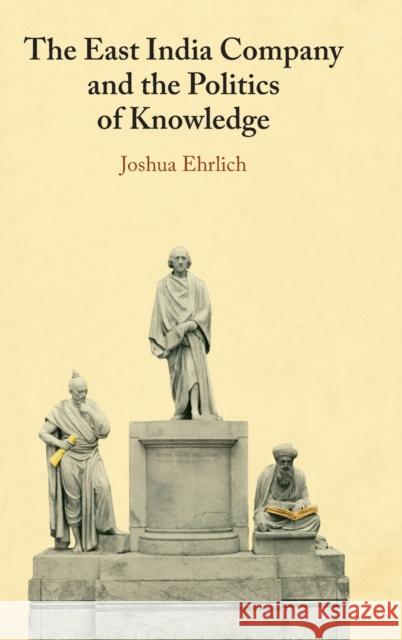The East India Company and the Politics of Knowledge » książka
topmenu
The East India Company and the Politics of Knowledge
ISBN-13: 9781009367950 / Twarda / 2023 / 280 str.
The East India Company and the Politics of Knowledge
ISBN-13: 9781009367950 / Twarda / 2023 / 280 str.
cena 400,70
(netto: 381,62 VAT: 5%)
Najniższa cena z 30 dni: 395,88
(netto: 381,62 VAT: 5%)
Najniższa cena z 30 dni: 395,88
Termin realizacji zamówienia:
ok. 16-18 dni roboczych.
ok. 16-18 dni roboczych.
Darmowa dostawa!
Ehrlich reveals how the East India Company used its commitment to knowledge to justify its commercial and political power.











